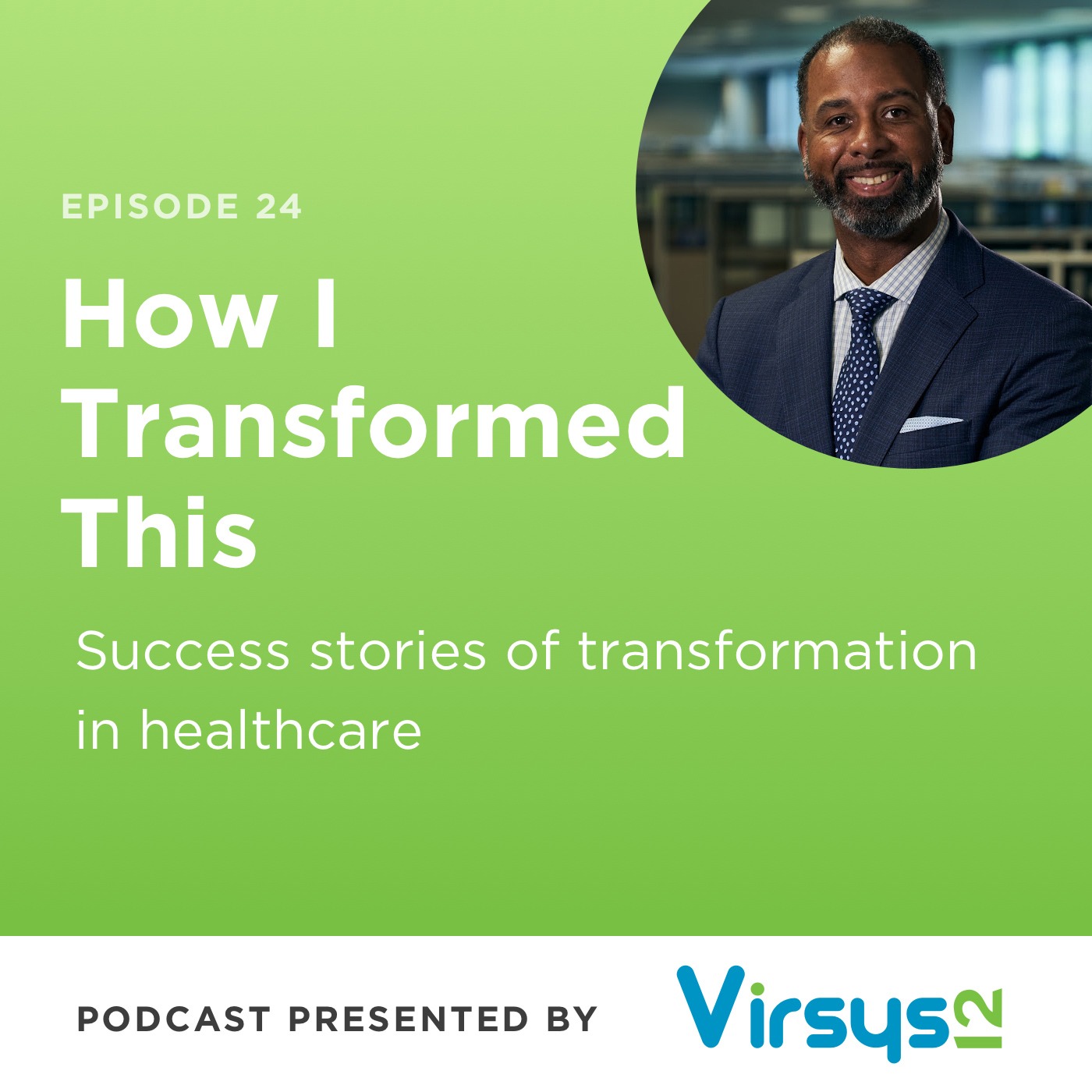The Role of Nutrition in Community Health
Watkins became a doctor because he was passionate about improving community health, and that mission has stuck with him in his work at Kroger.
“Right now, 7 out of 10 Americans have a chronic disease. We also have an epidemic in this country around things like obesity. And we know that’s only getting worse during this pandemic,” Watkins explained. “Food as Medicine is really a dedicated, educated and personalized approach to eating and enjoying foods so we can live healthier lives and prevent illness before it starts.”
Rather than trying to prescribe a generic diet for every shopper, Watkins believes it’s crucial to take a personalized approach to nutrition, helping people choose foods they enjoy.
“We have to remember that just like healthcare, the food we eat is a very personal thing. And there’s a strong emotional connection we make with food,” he argued. “We laugh with food, we celebrate with food, we mourn with food, it’s part of our lives.”
With Kroger’s Opt Up app, shoppers can view specific items on a nutrition rating system, understand food labels, and “opt up” to choices that are slightly healthier but still fall at the same price point. Watkins believes this will help people make healthier choices in the long-term, because they’re learning to eat well in a way that still works for their lifestyles and preferences.
Stategic Goals for a Healthier Country
Through “Opt Up” and other components of the Food as Medicine initiative, Kroger is working to address five key areas, and they want to see 20 percent improvement in each by 2025.
To tackle the first two of these areas, obesity and diabetes, Watkins believes people need to better understand how food impacts their bodies and learn to make healthier choices.
The third problem, food insecurity, is an even greater priority now that so many families are struggling in new ways due to COVID-19.
“This pandemic has created and exposed food insecurity around the country,” Watkins explained. “We’ve established a $10 million innovation fund that continues to support local food pantries around the country, and we continue to encourage our management at stores to adopt ways to not waste food.”
Additionally, Watkins and his team are working to provide greater access to healthy options by reducing the cost of healthy foods in their stores and improving the assortment of affordable foods on their shelves.
Promoting Engagement in Healthcare
Though some of the specifics look different when comparing Kroger’s retail options to its healthcare, Watkins believes the strategy is the same: to get people engaged in the process of becoming healthier.
In addition to using tools like Assure Care — which helps provide clinicians with real-time information — Kroger is also working to educate patients so they become active participants when it comes to things like understanding health information and complying with their medications.
“Our patients know their bodies best,” he explained. “If we can move to the point where folks are engaged with their own health, that’s a win for the healthcare system, and that’s a win for health in general.”
Subscribe to How I Transformed This wherever you get your podcasts, and be sure to sign up for our quarterly email newsletter to stay up to date on Virsys12’s latest transformational work.



